Europe's investment potential: Stocks are cheap and ready to rise
Daniel Avigad, manager of the TM Lansdowne European Special Situations Fund, discusses Europe's investment potential with Andrew van Sickle
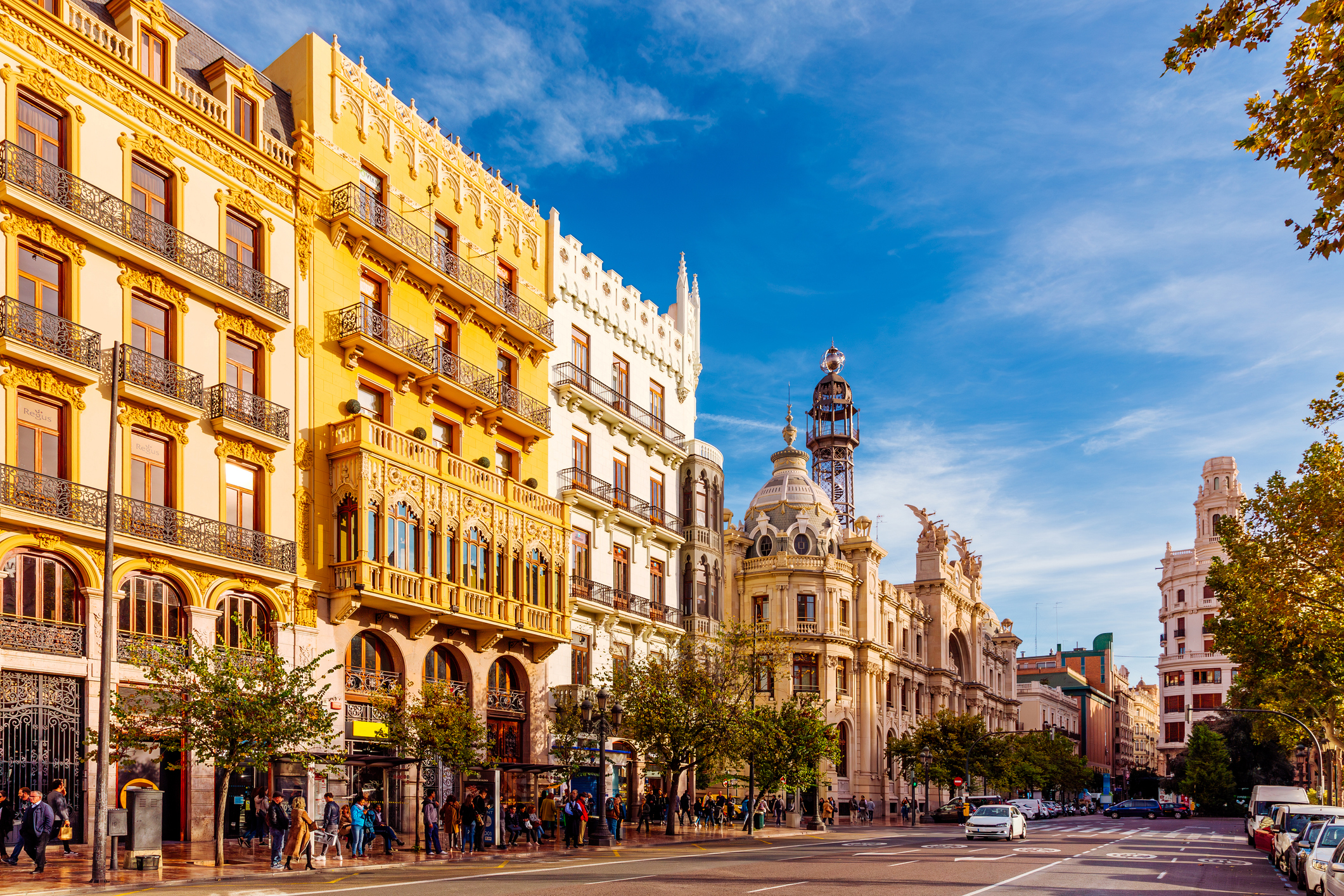
Get the latest financial news, insights and expert analysis from our award-winning MoneyWeek team, to help you understand what really matters when it comes to your finances.
You are now subscribed
Your newsletter sign-up was successful
Want to add more newsletters?

Twice daily
MoneyWeek
Get the latest financial news, insights and expert analysis from our award-winning MoneyWeek team, to help you understand what really matters when it comes to your finances.

Four times a week
Look After My Bills
Sign up to our free money-saving newsletter, filled with the latest news and expert advice to help you find the best tips and deals for managing your bills. Start saving today!
Andrew van Sickle: Shall we start with an overview of your fund?
Daniel Avigad: The TM Lansdowne European Special Situations Fund is a long-only, mid- to large cap-focused Europe ex-UK fund. We concentrate on key catalysts that can shape markets, such as regulatory changes and technological disruption. We’re not publicly activist, but privately active, seeking to engage with management. The fund has almost quadrupled since late 2009, outperforming the MSCI Europe ex-UK index.
Andrew van Sickle: Moving now to the big picture, we have heard a great deal about the end of US exceptionalism and the Great Rotation towards Europe and other markets. The US market has bounced back, but there is presumably more mileage in Europe, isn’t there?
MoneyWeek
Subscribe to MoneyWeek today and get your first six magazine issues absolutely FREE

Sign up to Money Morning
Don't miss the latest investment and personal finances news, market analysis, plus money-saving tips with our free twice-daily newsletter
Don't miss the latest investment and personal finances news, market analysis, plus money-saving tips with our free twice-daily newsletter
Daniel Avigad: The opportunity in Europe is that stocks are cheap enough that if investors become confident that the continent is determined to tackle its strategic structural problems, then there is plenty of upside. At present, it looks as though things certainly won’t get worse, and small steps might be taken to improve matters, which is promising given how skewed the global allocation of savings is towards the US.
Adjusted for sectoral composition, Europe is about 20% cheaper than America. The US is expensive relative to its history, and Europe isn’t. There are few asset classes meeting that description today.
Andrew van Sickle: Europe is often dismissed as “old economy”, while the US is charging ahead with technology.
Daniel Avigad: Yes, financials are especially prominent in Europe. However, over the years, things have improved; there are now more high-quality companies in the index. It’s not a case of five names representing 25% of the market, as in the US, but you could say that five names now represent 10%.
Andrew van Sickle: Coming back to the structural problems, will anything change?
Daniel Avigad: Three exogenous forces are making it more probable that we are going to see more changes than at any time in the last two decades. The bond market is the key one. Some countries in Europe are on an unsustainable public-debt trajectory, and it looks as though change is going to be imposed on them. At some stage, they just won’t be able to borrow to spend more. We see signs of that in bond markets every so often, and are keeping an eye on France in this regard.
The basic problem is that political time horizons are short and the pay-off from investment is long-term. This militates against sustainable growth. Markets will be understanding if a government is borrowing to invest, but often they borrow to finance more day-to-day spending compelled by pressure from lobby groups or trade unions.
Andrew van Sickle: What’s the second exogenous force?
Daniel Avigad: Geopolitics. Both the US and China are trying to become more self-sufficient, and Donald Trump is putting Europe under pressure to become more self-sufficient too.
A third force for change is internal politics. Politics has fragmented, with the extremes on the left and right becoming more powerful and the centre collapsing. The legacy parties will have to review their policies and make changes.
Andrew van Sickle: So what happens next?
Daniel Avigad: Firstly, Europe will have to reprioritise growth. There are three subcategories here: the regulatory system, notably planning; the financial industry, which is upstream of everything; and the way we interact with the environment.
Andrew van Sickle: One thing that strikes me about Europe, and the UK, is how the overcomplicated planning system hampers growth; remember the fuss about a £100 million tunnel for bats as part of HS2. In Germany and Austria, there is more of a discussion now on tackling that sort of thing. Similarly, the regulation that proliferated after the financial crisis to pre-empt another one has meant that companies spend ages on administration, not work.
Daniel Avigad: The basic question is: are we trying to manage risk absolutely, or relatively? The answer must be the latter, as the cost of not doing anything is a risk in itself – you forfeit potential, and other economies are taking action. If we unblock some of the regulatory hurdles, growth will tick up, encouraging more investment, thus hopefully starting a virtuous circle.
Then there’s defence expenditure. I hear that at next month’s Nato summit, the organisation is likely to ask for countries to spend 3.5% of GDP on defence, with another 1.5% on associated investments such as infrastructure – roads and rail. Not every country will manage that, and of course, it depends on the bond markets. Should we see appetite diminish to fund incremental investment, then it’s going to be a choice between guns or butter.
On the subject of infrastructure, digital high-speed broadband is crucial, underpinning growth in every industry. To afford that, because it is highly capital-intensive, telecoms companies need scale. Scale comes from having fewer overlapping networks and fewer competitors. So Europe needs consolidation in the telecoms sector. Most major continents or major economies only have three telecoms firms; in Europe, there are still around 85. The UK is leading the way: its four telecoms players have just become three.
To me, it is an economic inevitability that consolidation will occur, but we haven’t seen a catalyst yet because there have been misaligned incentives; for instance, governments have been reliant on spectrum auctions. They also find job losses politically unpalatable, even if they do improve a big national telecoms player’s long-term health. Perhaps this time will be different.
Andrew van Sickle: What is the regulatory set-up in Brussels? The previous competition commissioner, Margrethe Vestager, was known as a liberaliser, but since December 2024, there has been a new commissioner.
Daniel Avigad: Yes, the question is how the new competition commissioner, Spain’s Teresa Ribera, will interpret the law. A Spanish Socialist, she leans left while the overall commission is more centre-right than its predecessor. Within a year or so, major players are likely to test the regulatory water by proposing mergers, so we’ll soon see.
Andrew van Sickle: Let’s delve into structural reforms a bit more. Some European countries have already made great strides. During the euro crisis there was all this talk about the south being starved to death by spending cuts and debt-relief packages, but that obscured some useful changes on the supply side, didn’t it?
Daniel Avigad: Yes. Labour-market flexibility was a key area of reform: the right to hire and fire, for instance. Governments also revisited rules governing thresholds of support in trade unions before negotiations can be entered into with management. The idea was to make the environment business-friendlier to attract foreign investment. Major state-run companies in the utilities and telecoms sectors were privatised, which freed up the economy to a degree. Pension ages were increased, which was a necessity.
So all in all, it wasn’t simply a case of slashing spending. It was about implementing reforms to boost productivity and reduce unproductive spending. Studies on the deregulation in southern Europe suggested that the measured boosted GDP by 2%-3% between 2012 and 2017.
Andrew van Sickle: Next on the agenda, then, are structural reforms in the core of the eurozone. What’s on the to-do list? For instance, it always seems to me that the single-market project got stuck at services; there has been very little integration in that area.
Daniel Avigad: Yes, there are several areas where it would benefit Europe to act more cohesively, as the recent report by Mario Draghi made clear. Capital markets are underdeveloped. The proportion of capital intermediated by banks in Europe is three times higher than in the US: the corporate bond market is too small and fragmented. Issuing public debt at the European level would certainly show that Europe was serious about change.
A continent-wide bank-deposit scheme would be helpful, and there needs to be cross-border consolidation of the banking scene. Let’s see how German politicians respond to UniCredit’s desire to buy Commerzbank. On the regulatory front, Europe should revisit its cumbersome GDPR data laws.
Andrew van Sickle: Let’s now look in more detail at your investment strategy and how you find interesting stocks.
Daniel Avigad: I look at industries’ capital cycles, the flow of money in and out of them. We have two opportunity sets, demand and supply. In the former case, demand for a product outstrips supply, leading to pricing power and growth. With respect to supply, the opportunity arises later in the capital cycle when there’s too much capacity in an industry and you get consolidation, bolstering profitability for everyone. Both opportunities are a result of the mismatch between demand and supply.
A good example on the demand side is EssilorLuxottica. It is the global leader in eyewear, which bodes well as populations age and screen time increases, driving greater interest in eye health. On the supply side, Tele2, our top holding, is the second-biggest telecoms group in Sweden. It should profit as the market consolidates from four to three players. It’s cheap and insulated from the economic cycle.
The fund’s biggest sector is materials (essentially chemicals and building materials), worth a fifth of the portfolio. One major stock in this sector is Saint-Gobain, a producer of construction materials. It should benefit if investments in infrastructure rise as the German debt brake is released.
Finally, we also have a relatively heavy weighting in financials, as we expect consolidation in the sector. In Germany, in particular, the industry is oversupplied, prompting local banks to take risks overseas to secure profits. Hence, all that dabbling in US derivatives in the run-up to the financial crisis.
This article was first published in MoneyWeek's magazine. Enjoy exclusive early access to news, opinion and analysis from our team of financial experts with a MoneyWeek subscription.
Get the latest financial news, insights and expert analysis from our award-winning MoneyWeek team, to help you understand what really matters when it comes to your finances.
Manager of the TM Lansdowne European Special Situations Fund
-
 Should you buy an active ETF?
Should you buy an active ETF?ETFs are often mischaracterised as passive products, but they can be a convenient way to add active management to your portfolio
-
 Power up your pension before 5 April – easy ways to save before the tax year end
Power up your pension before 5 April – easy ways to save before the tax year endWith the end of the tax year looming, pension savers currently have a window to review and maximise what’s going into their retirement funds – we look at how
-
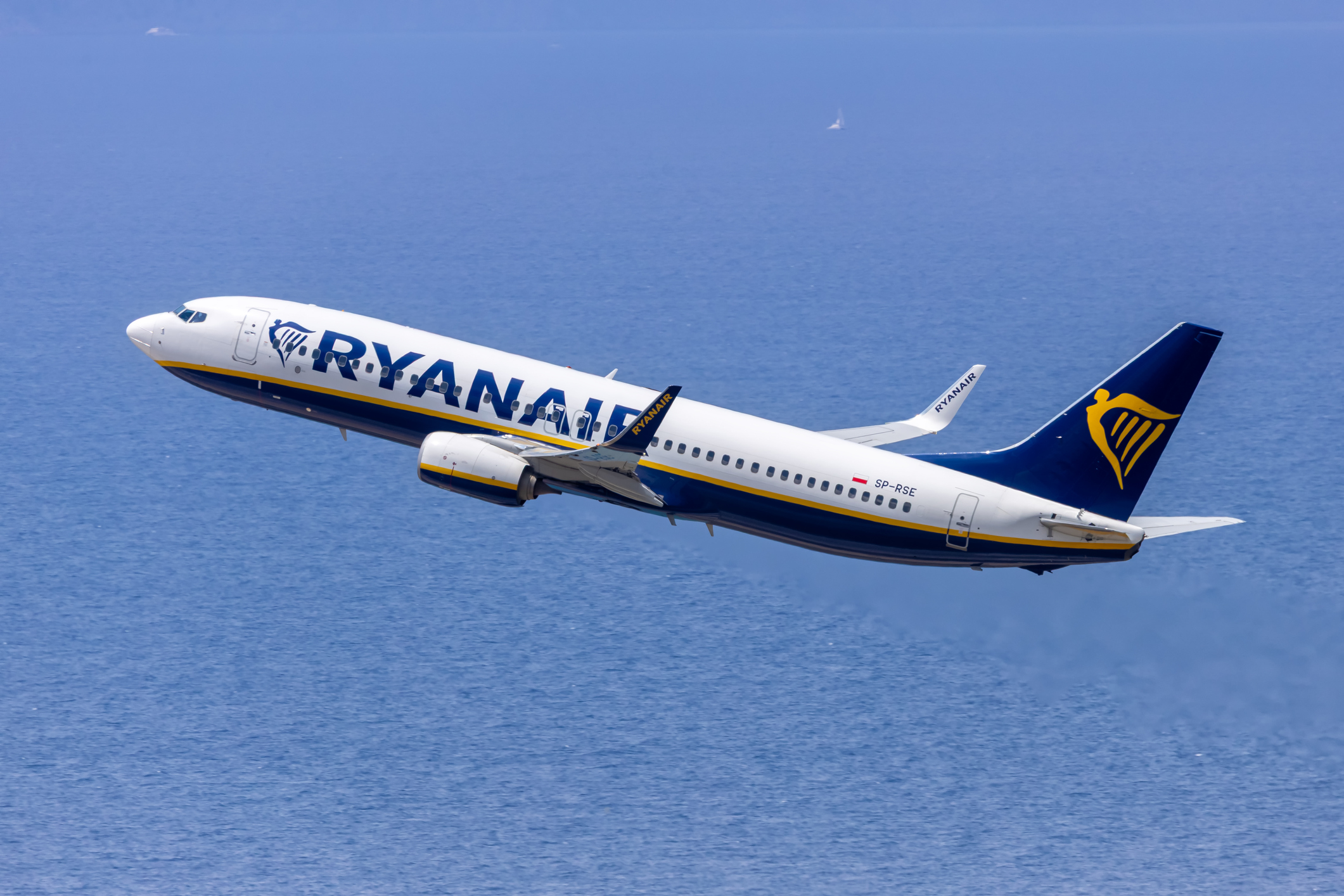 Leading European companies offer long-term growth prospects
Leading European companies offer long-term growth prospectsOpinion Alexander Darwall, lead portfolio manager, European Opportunities Trust, picks three European companies where he'd put his money
-
 Europe’s new single stock market is no panacea
Europe’s new single stock market is no panaceaOpinion It is hard to see how a single European stock exchange will fix anything. Friedrich Merz is trying his hand at a failed strategy, says Matthew Lynn
-
 Pierre-Édouard Stérin wants to make France great again
Pierre-Édouard Stérin wants to make France great againConservative billionaire Pierre-Édouard Stérin is seeking to lead a political and spiritual renaissance across the Channel. The planning looks meticulous
-
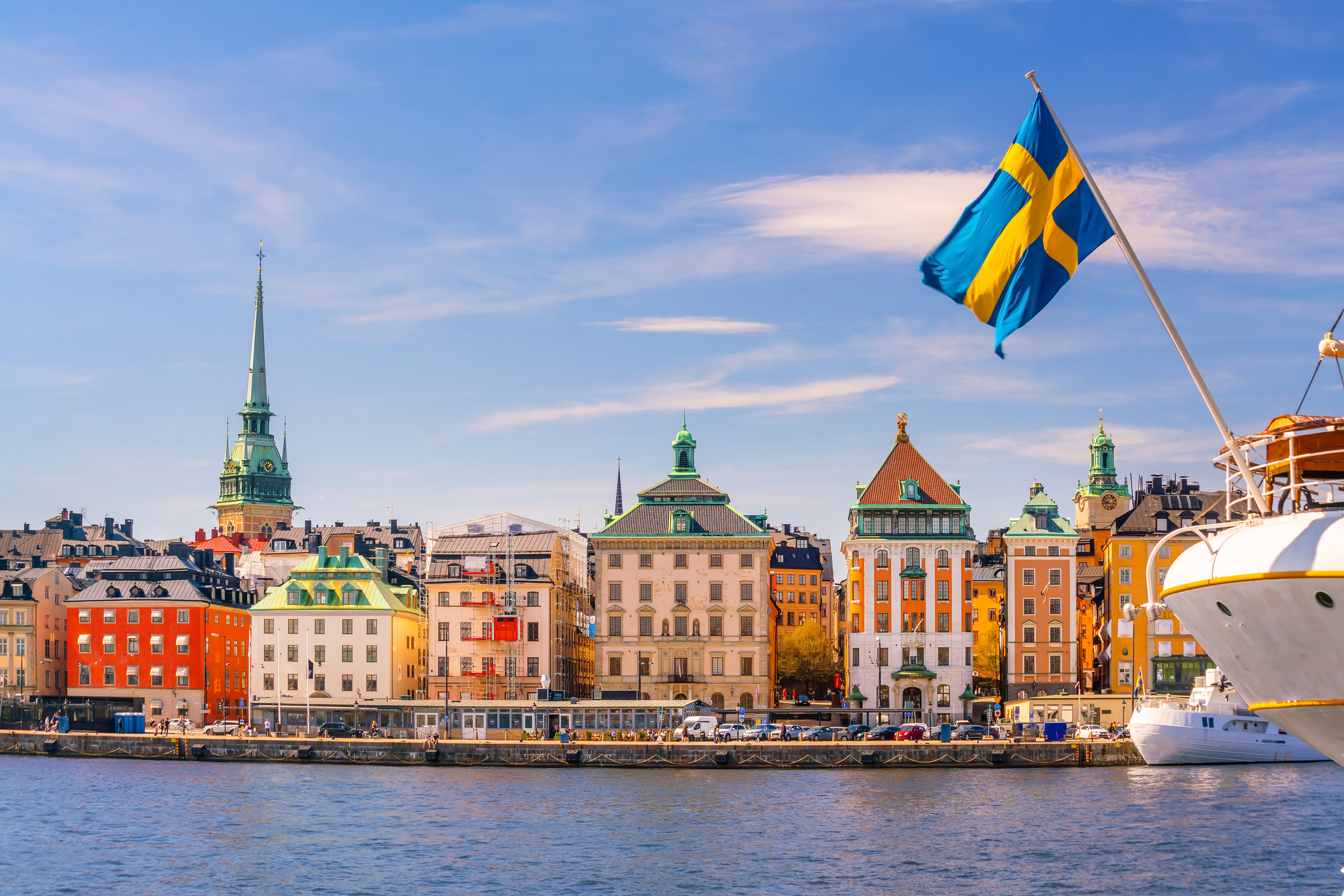 The secret behind Sweden’s success
The secret behind Sweden’s successOpinion Sweden's stock market is in rude health, says Max King. Why can't Britain follow suit?
-
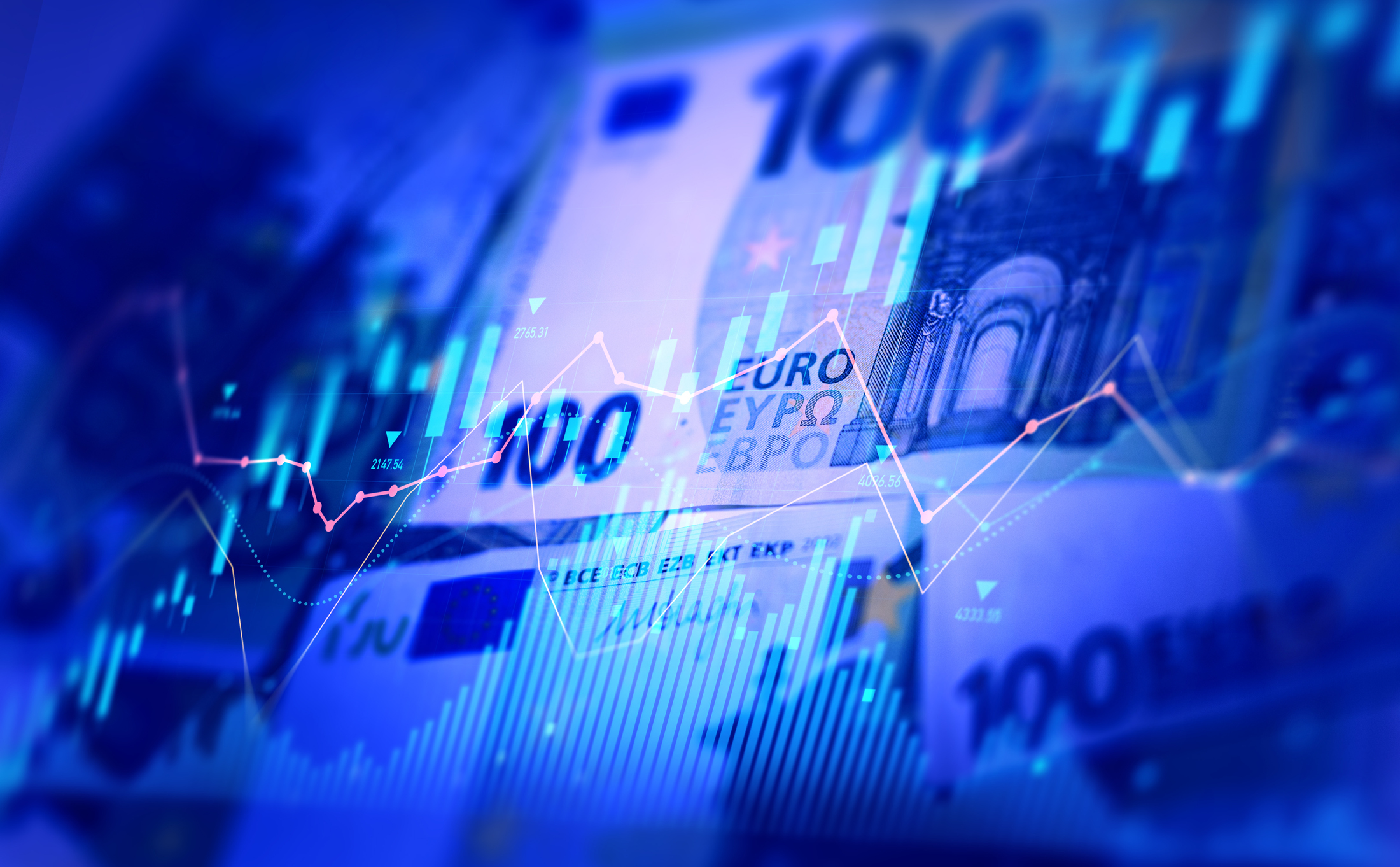 European bank stocks bounce back
European bank stocks bounce backOpinion European bank stocks were part casualty and part cause of Europe’s lost decade. Now it’s clearly turned the corner, says Cris Sholto Heaton
-
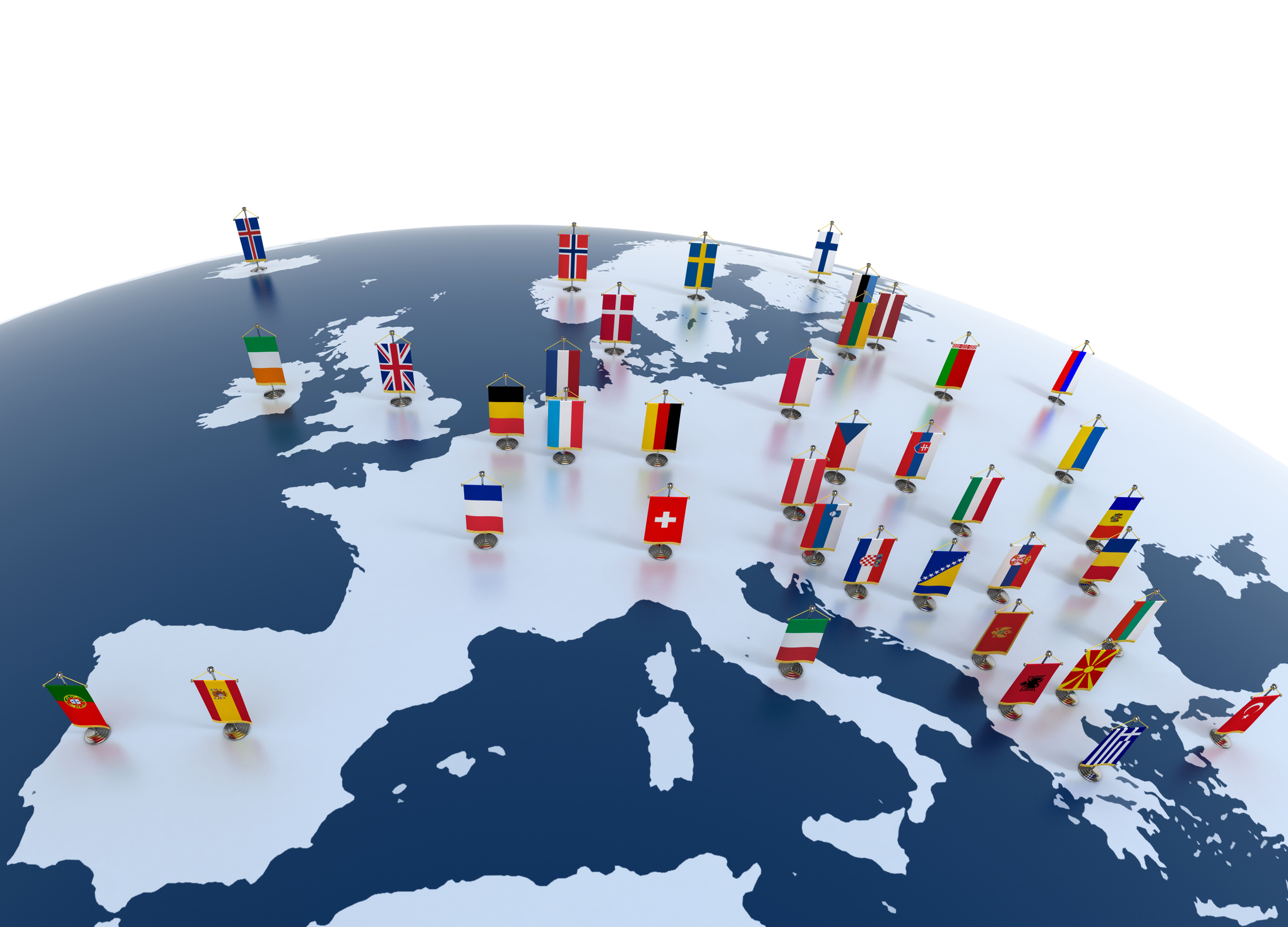 European funds: investors have 'a luxury of choice'
European funds: investors have 'a luxury of choice'A series of mergers is bringing consolidation among European funds, but investors should benefit, says Max King
-
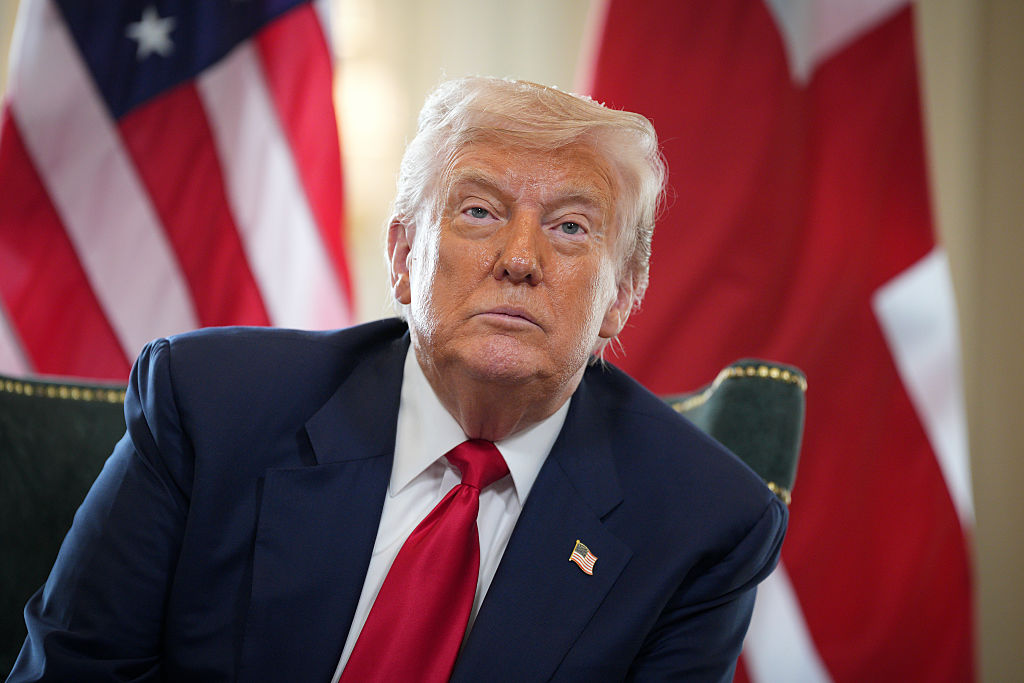 US stocks are more expensive than ever after Trump's tariffs
US stocks are more expensive than ever after Trump's tariffsWe don’t need to second-guess the effect of Trump's tariffs to think that the rest of the world offers better value
-
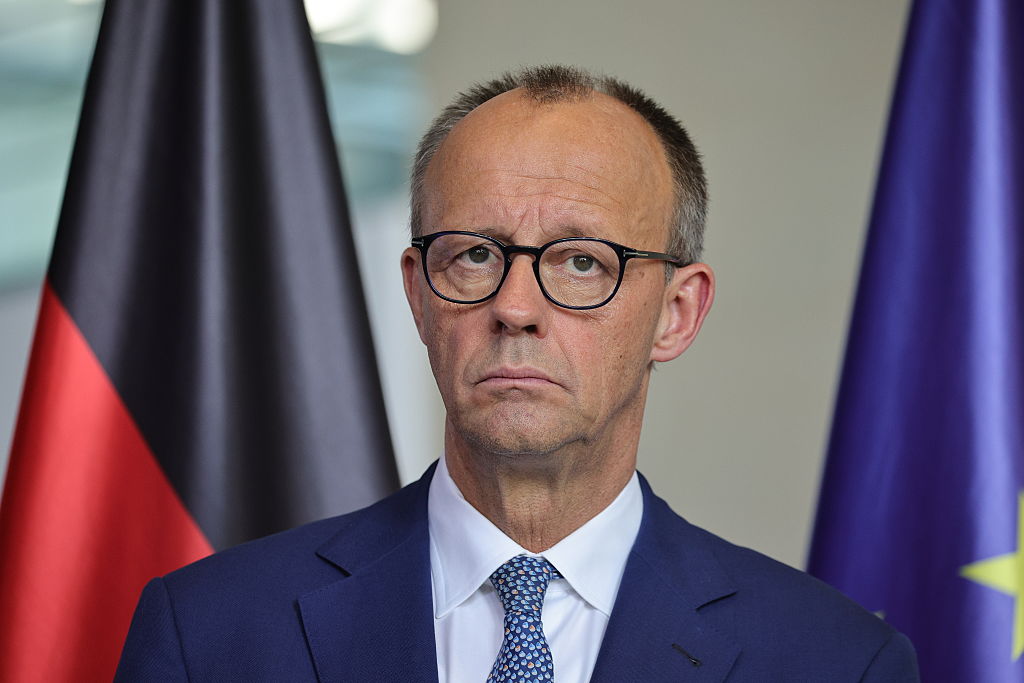 European stocks are back in business – can it last?
European stocks are back in business – can it last?European stocks enjoy a strong start to the year, but the rally is proving uneven as France struggles to keep up